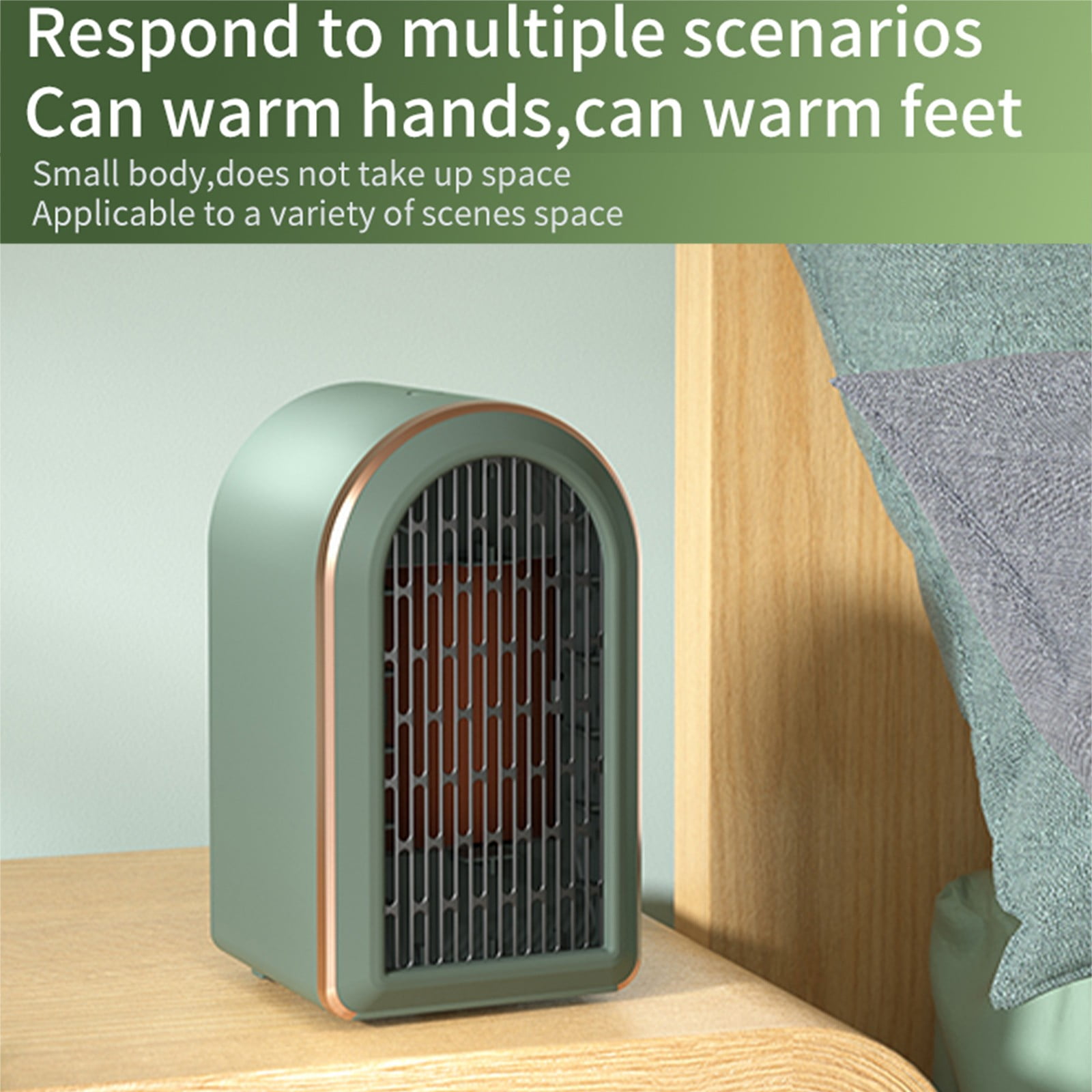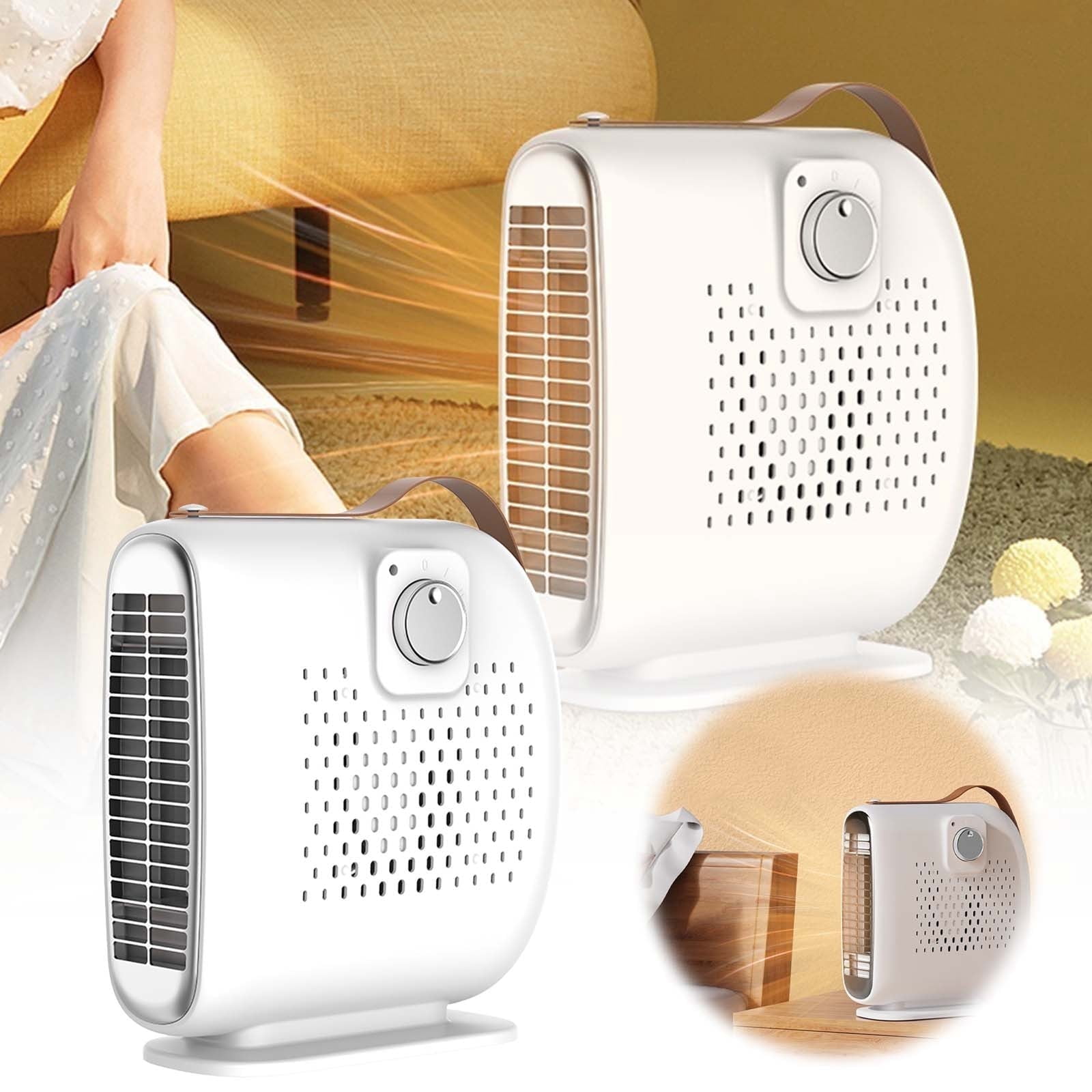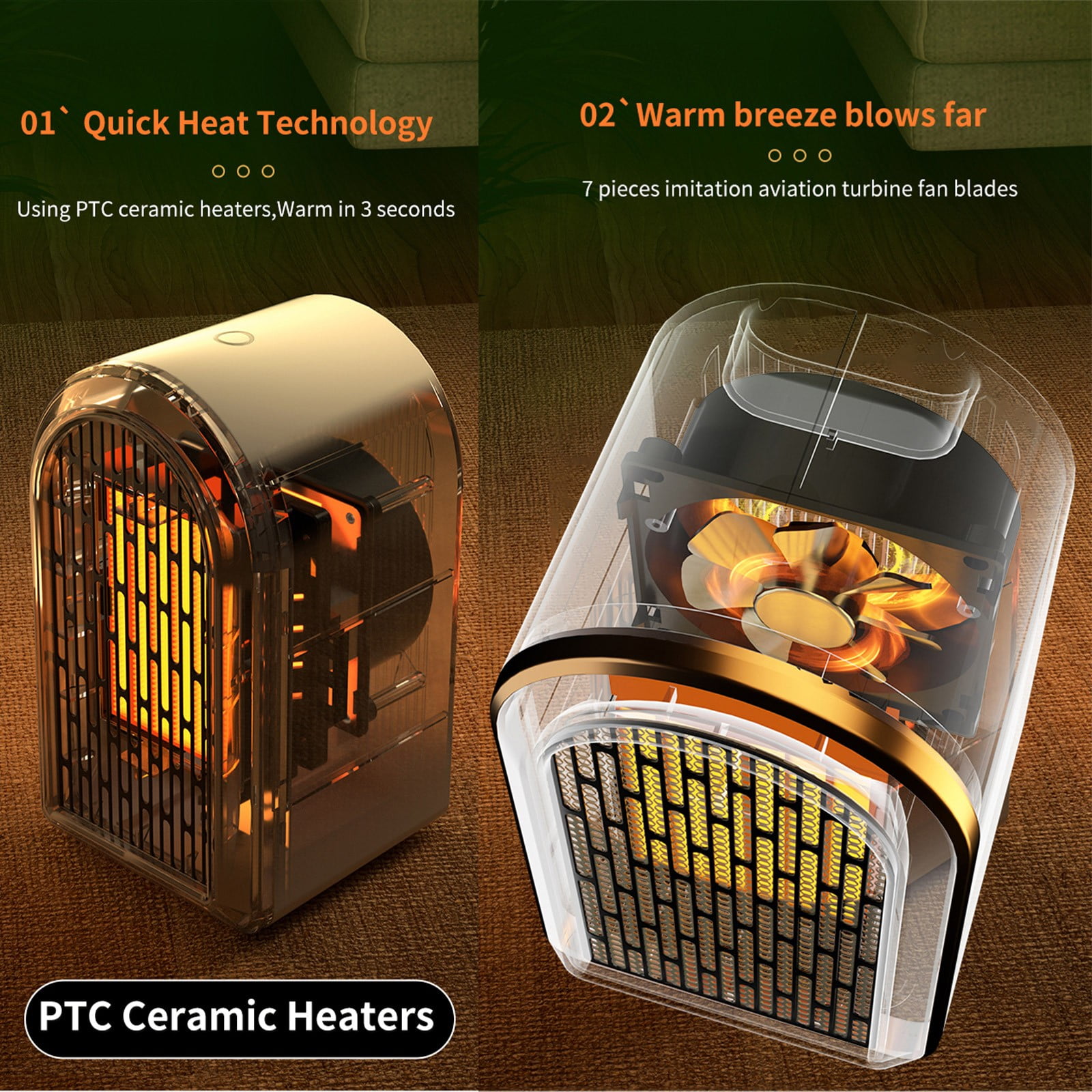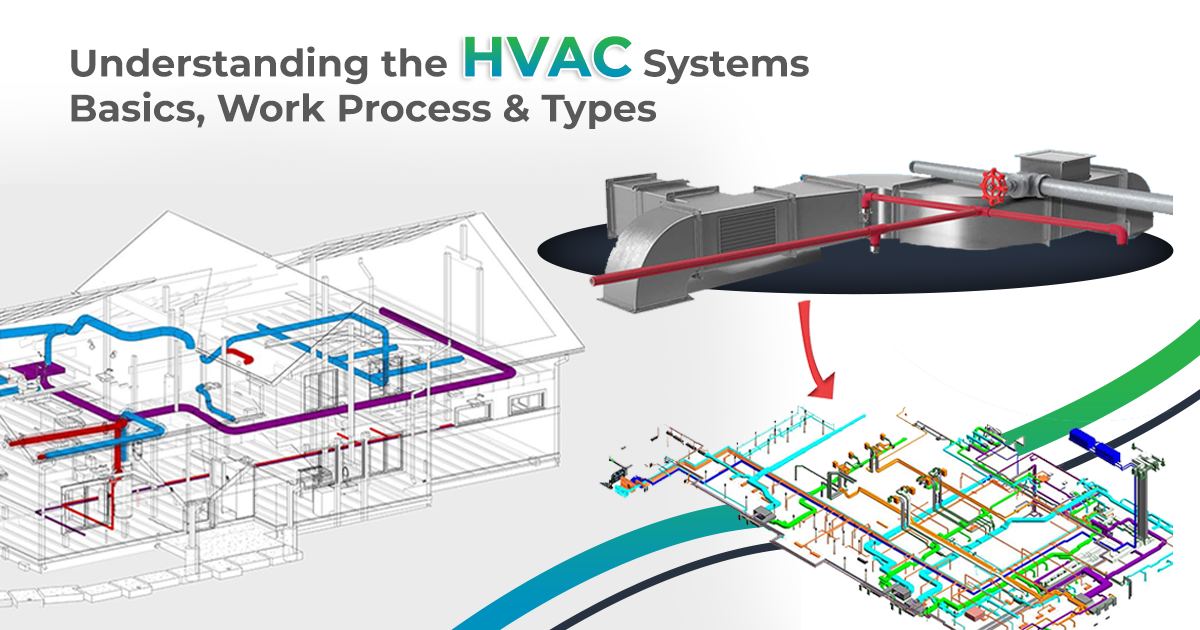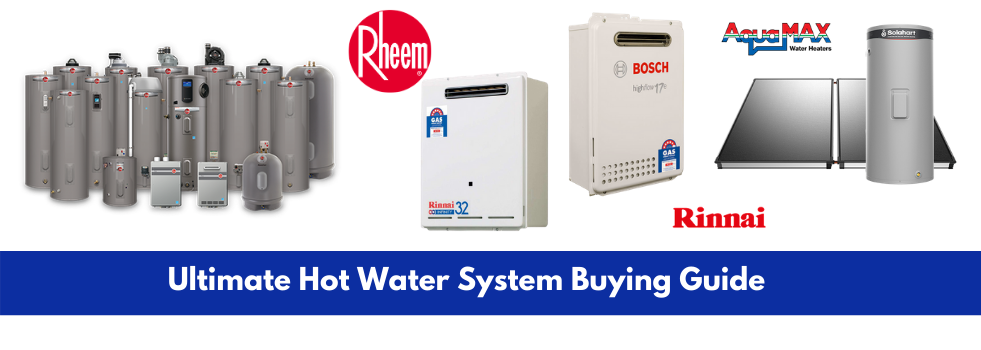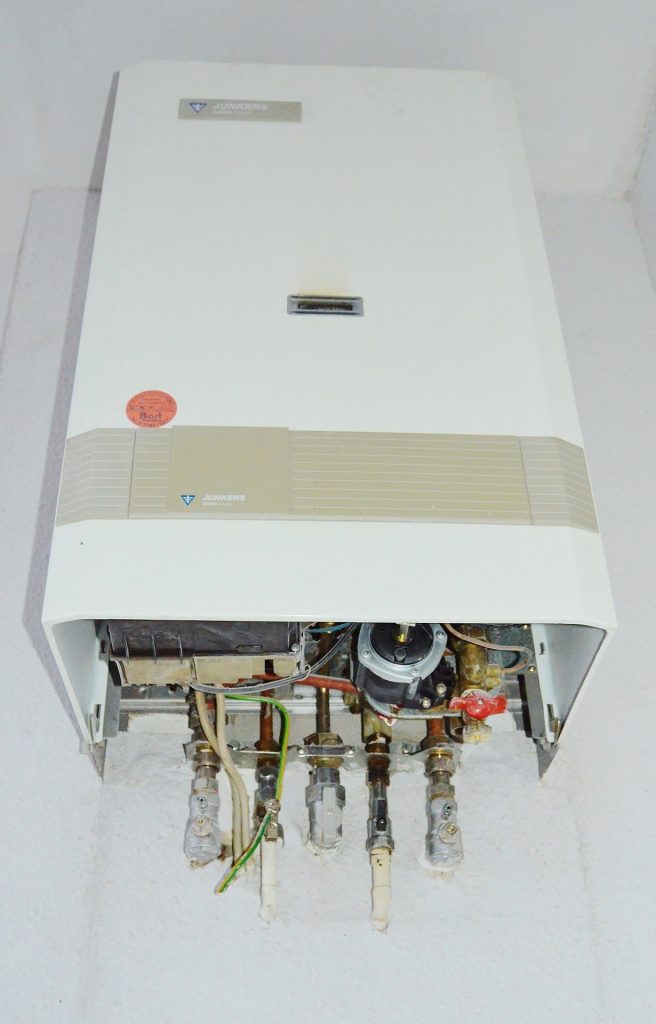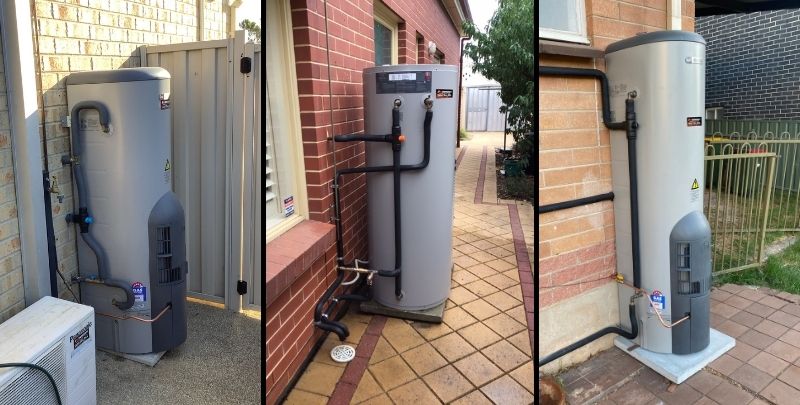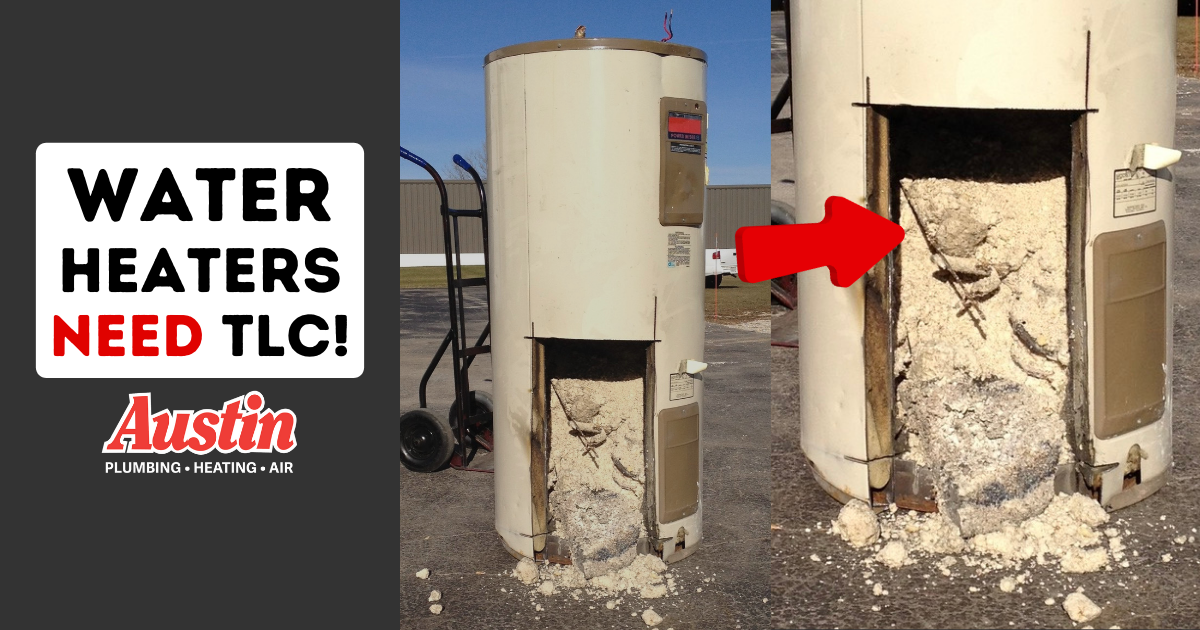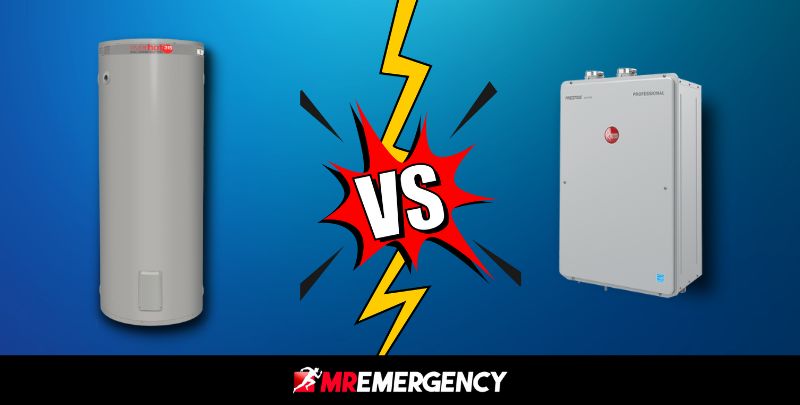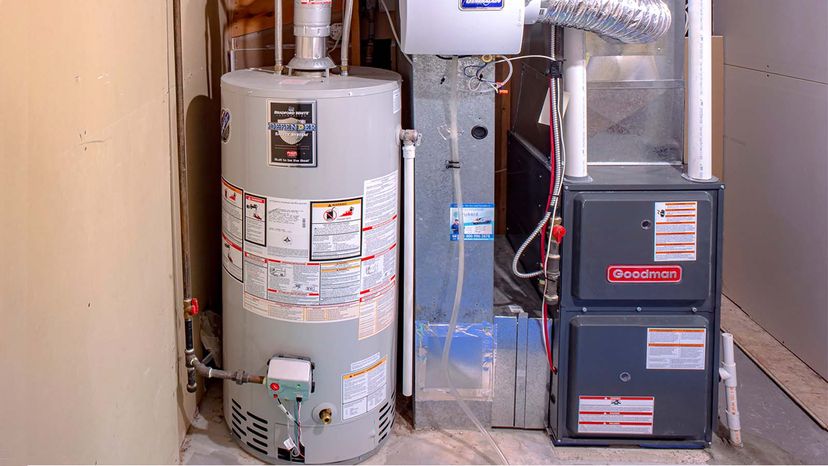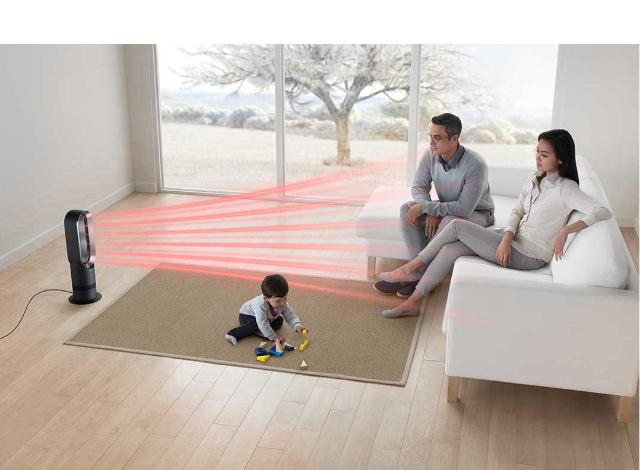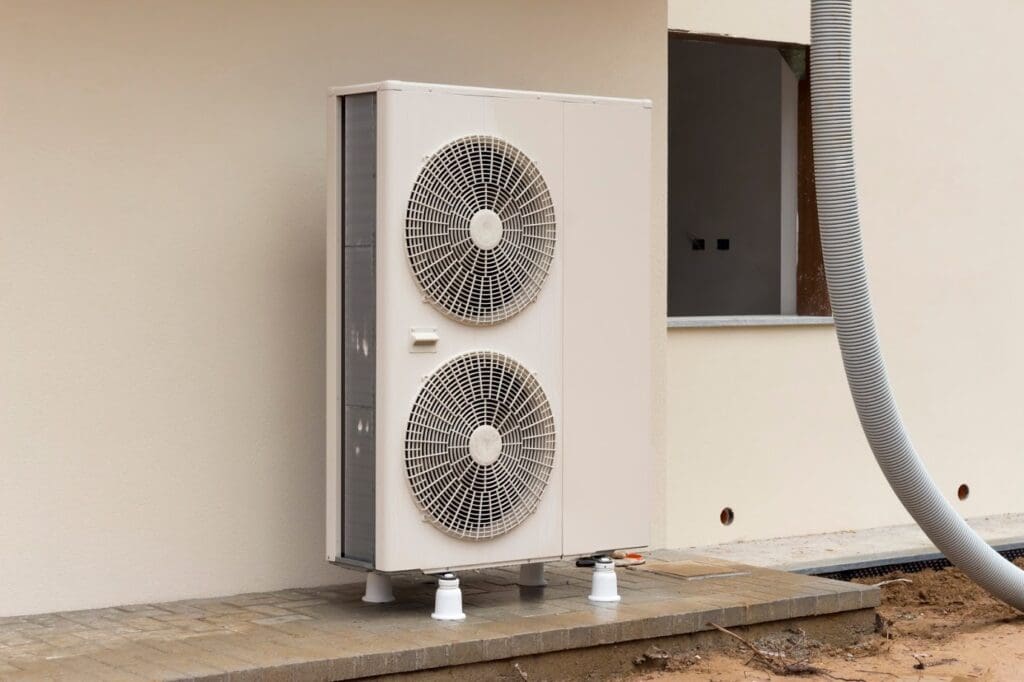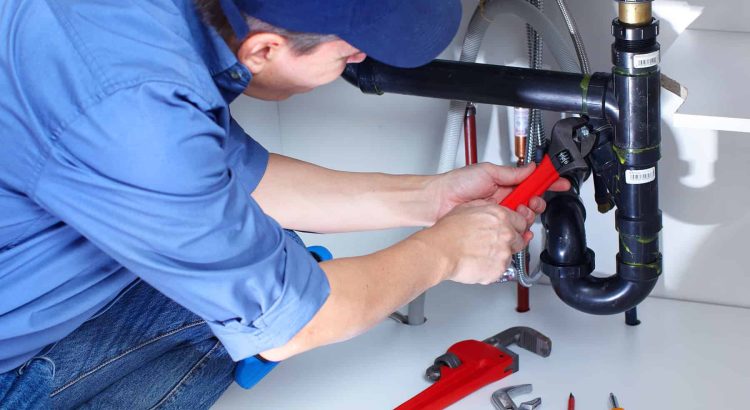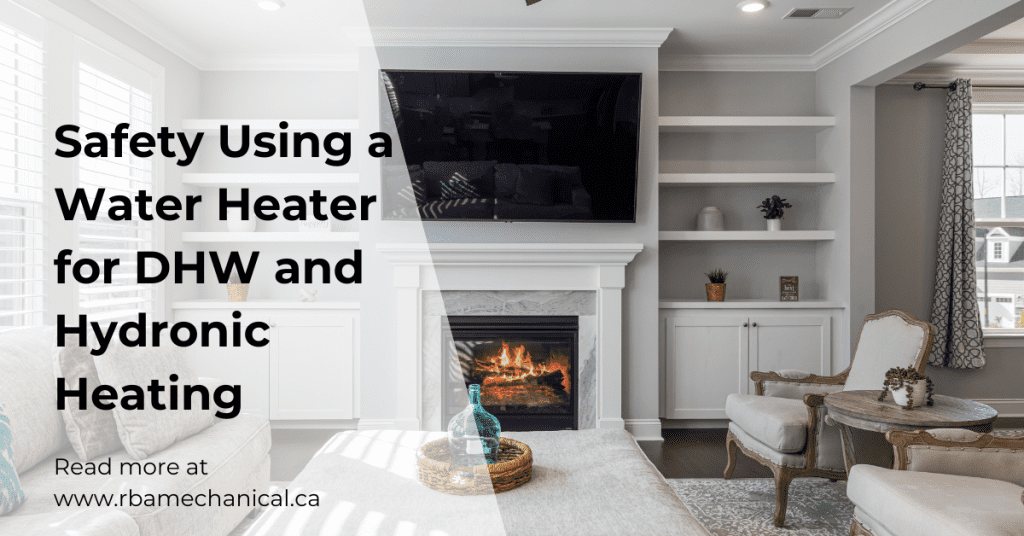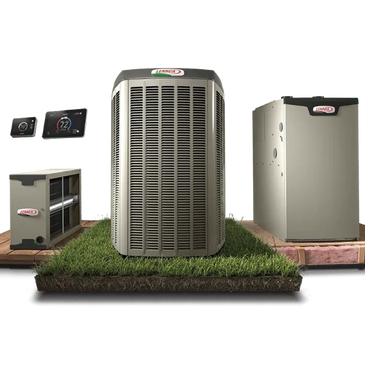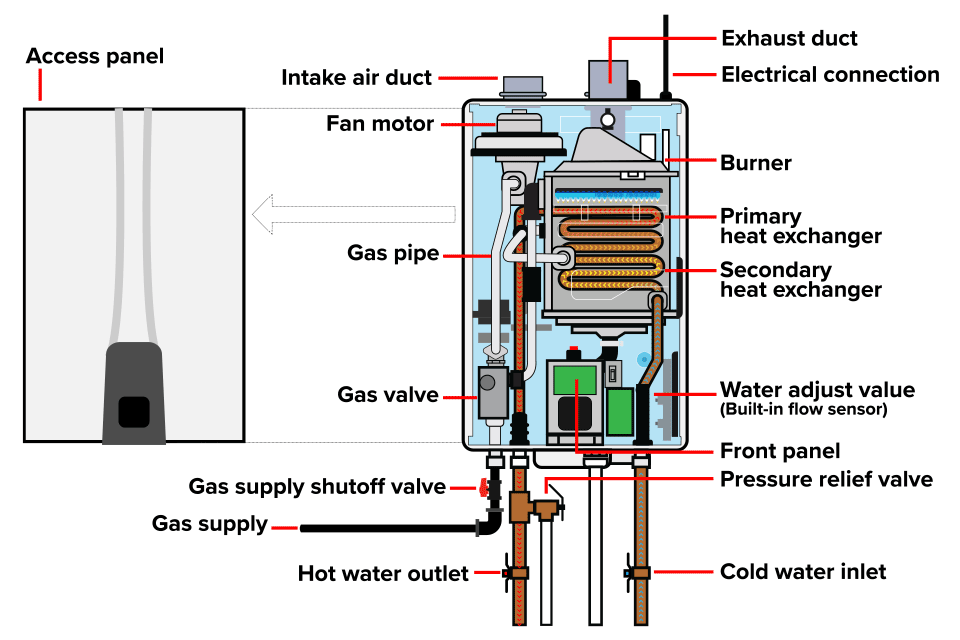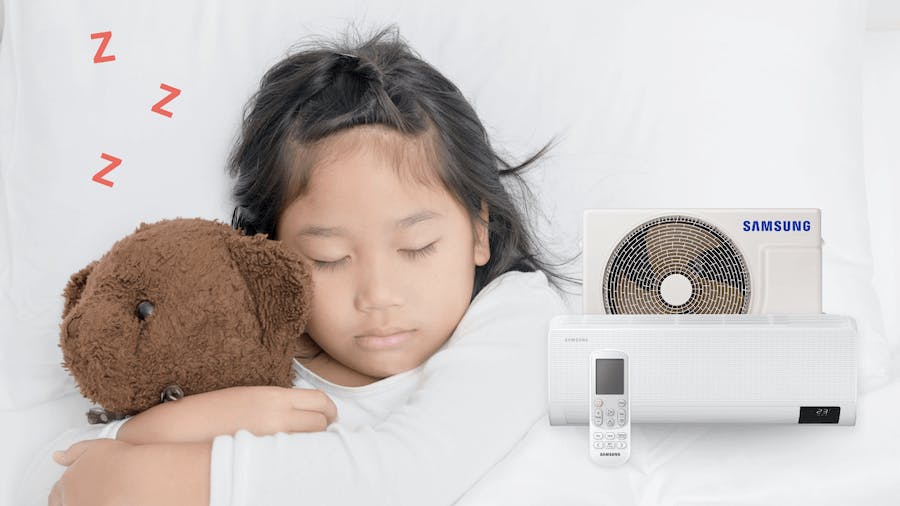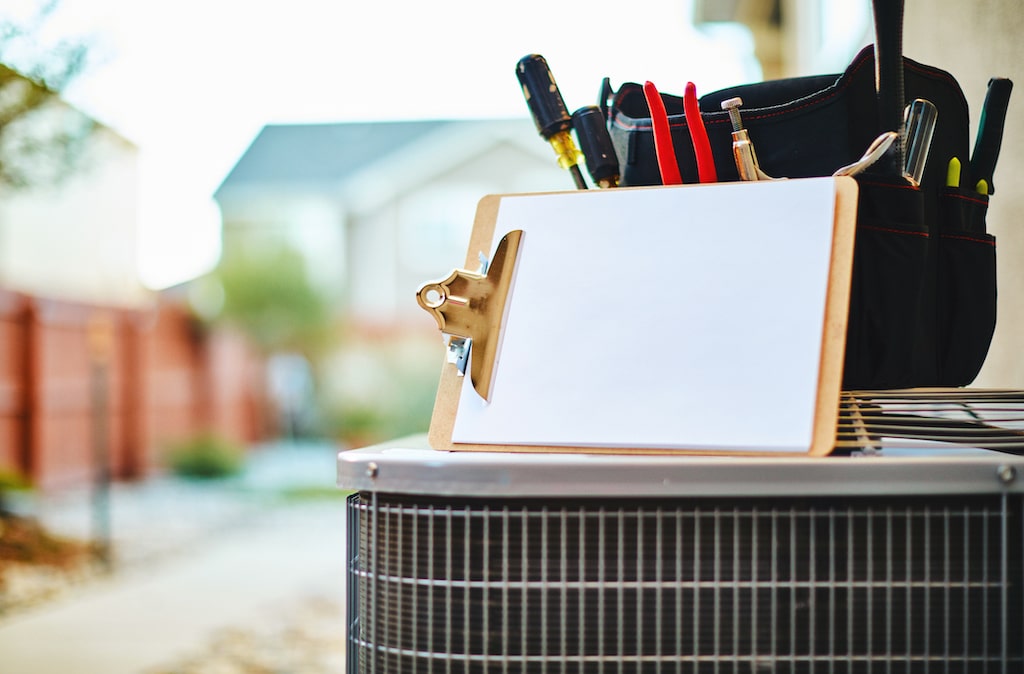
When the chill of winter creeps into your workspace, a reliable source of heat becomes essential. That's where shop heaters electric step in, offering a convenient and efficient way to keep your environment comfortable. Whether you're working in a garage, workshop, or any large space, understanding the nuances of electric shop heaters can make a significant difference in your productivity and comfort.
Why Choose Electric Shop Heaters?
Electric shop heaters provide several advantages over other heating methods. Firstly, they are incredibly easy to install. Unlike gas or propane heaters, electric models don't require complex venting systems or fuel lines. Simply plug them into a standard electrical outlet, and you're good to go. This ease of installation makes them a popular choice for many DIY enthusiasts and professionals alike.
Secondly, electric heaters are known for their clean and safe operation. They don't produce fumes or combustion byproducts, which is crucial for maintaining good air quality in enclosed spaces. This makes them a healthier option, especially for those who spend long hours in their workshops. Moreover, modern electric heaters come with various safety features, such as overheat protection and tip-over switches, ensuring peace of mind.
Thirdly, energy efficiency is a significant factor. While the initial cost of electricity might seem higher, electric heaters can be very efficient, especially when used in well-insulated spaces. Many models come with thermostats and timers, allowing you to control the temperature and operating hours, thus reducing energy consumption and costs.
Types of Electric Shop Heaters

The market offers a wide range of electric shop heaters, each designed to meet specific needs. Here are some of the most common types:
- Forced Air Heaters: These heaters use a fan to circulate warm air, providing quick and even heating. They are ideal for large spaces and offer adjustable temperature settings.
- Infrared Heaters: These heaters emit radiant heat, warming objects and people directly. They are perfect for spot heating and areas where you need focused warmth.
- Convection Heaters: These heaters warm the air through natural convection currents. They are silent and efficient, making them suitable for smaller workshops or garages.
- Ceiling-Mounted Heaters: These heaters save floor space and provide consistent warmth from above. They are excellent for workshops with limited floor space.
Key Features to Consider
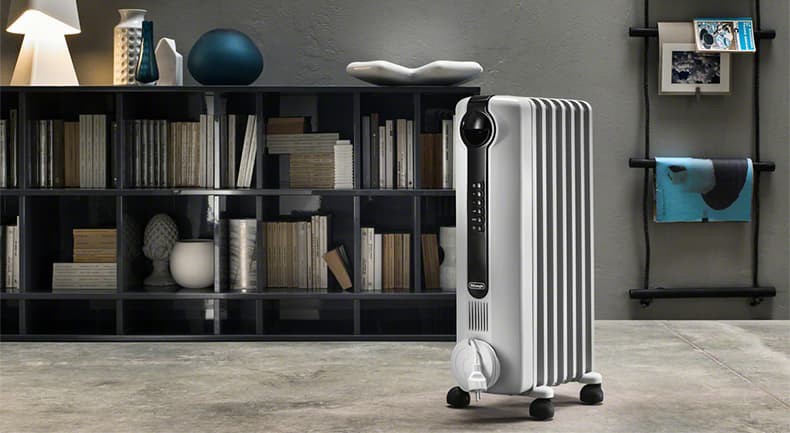
When selecting an electric shop heater, consider the following features:
- BTU Output: British Thermal Units (BTU) indicate the heating capacity of the heater. Choose a model with sufficient BTU output for the size of your space.
- Wattage: Higher wattage means more heat output. Ensure your electrical circuit can handle the heater's wattage to avoid overloading.
- Thermostat Control: A thermostat allows you to maintain a consistent temperature and save energy.
- Safety Features: Look for features like overheat protection, tip-over switches, and cool-touch housings.
- Portability: If you need to move the heater around, choose a model with wheels or handles.
Tips for Efficient Use
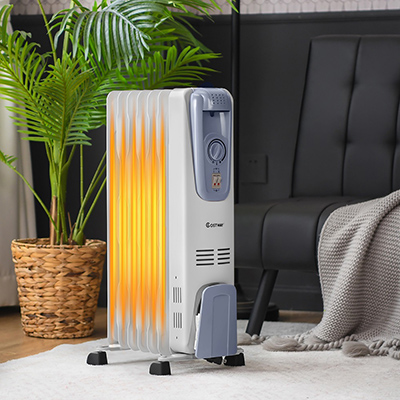
To maximize the efficiency of your electric shop heater, follow these tips:
- Insulate your space: Proper insulation helps retain heat, reducing the need for constant heating.
- Use a programmable thermostat: Set the thermostat to lower temperatures when you're not in the workshop.
- Maintain your heater: Regularly clean the heater to ensure optimal performance.
- Seal air leaks: Seal any gaps or cracks in doors and windows to prevent heat loss.
Conclusion
Shop heaters electric offer a practical and efficient solution for keeping your workspace warm and comfortable. By understanding the different types and features available, you can choose the right heater to meet your specific needs. With proper use and maintenance, an electric shop heater can provide reliable warmth for years to come, enhancing your productivity and comfort during the colder months.


